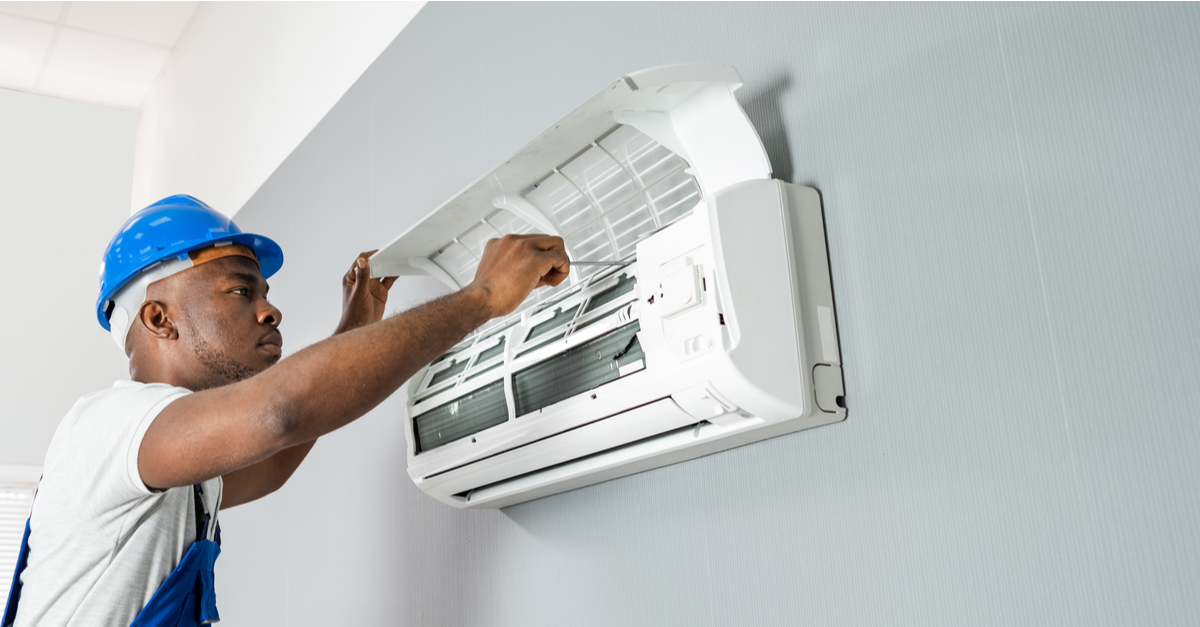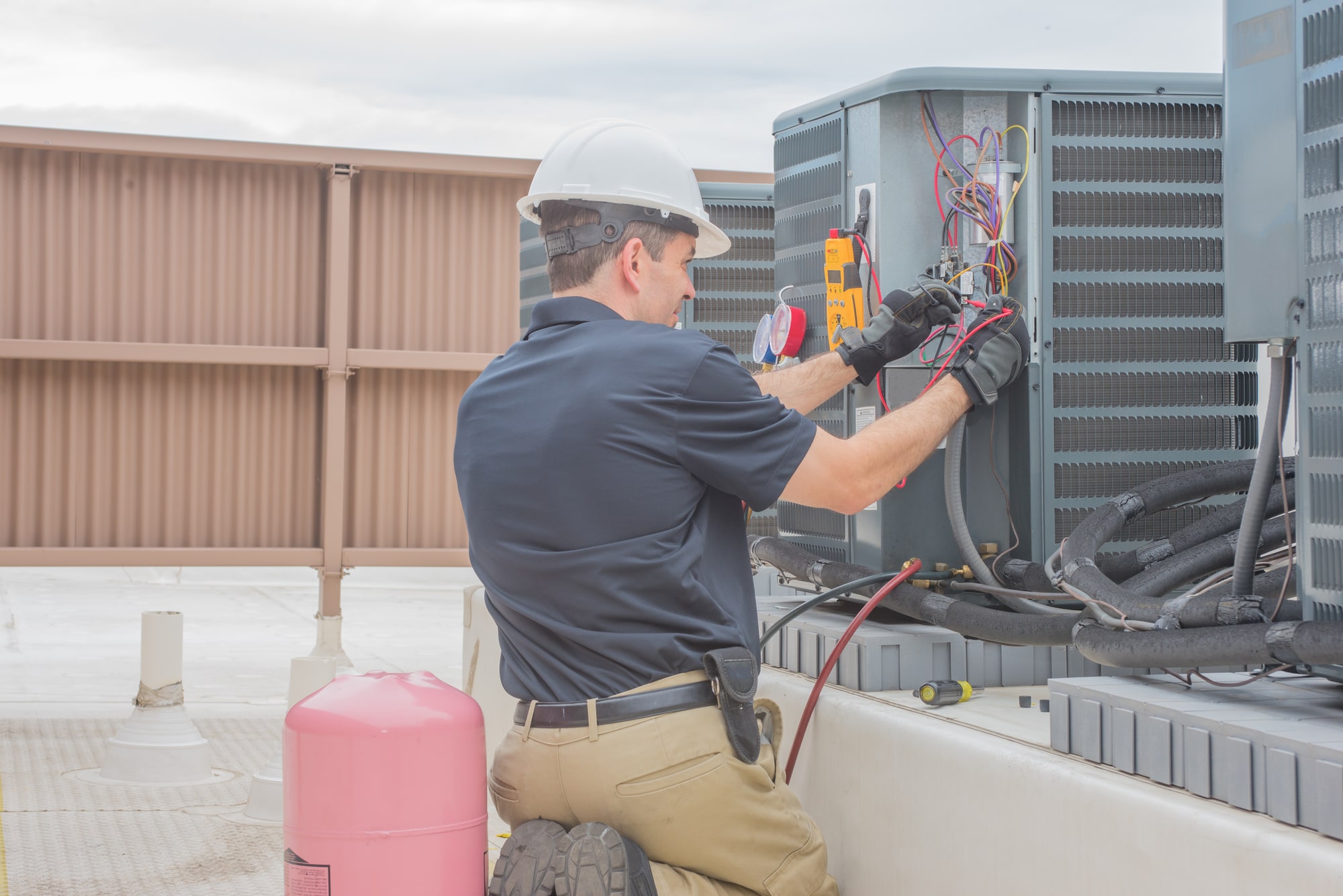The Value of HVAC Setup: Trick Considerations for a Comfy Indoor Environment
The installment of a heating and cooling system is a critical element in attaining an energy-efficient and comfy interior environment. The procedure includes several nuanced considerations that go beyond merely picking an unit off the shelf. Aspects such as the viability of the system for certain structure requirements, proper sizing to prevent inefficiencies, and the experience of professionals for a top quality installation play pivotal functions. Additionally, the fostering of advanced technologies can dramatically improve system performance. Recognizing these intricacies is just the start of ensuring optimum indoor comfort. What are the essential aspects that dictate successful heating and cooling implementation?
Picking the Right System

When picking a HVAC system, it is important to review the ability required to successfully warmth or cool down the space without exhausting the system, which can cause increased wear and operational expenses. Consulting with an expert cooling and heating service provider can offer beneficial understandings right into picking a system that straightens with both the architectural style and the expected usage patterns of the structure.
Additionally, thinking about the assimilation of clever modern technology can boost system management and monitoring, offering greater control and possible price financial savings. By diligently analyzing these variables, one can make certain the option of a HVAC system that not only meets prompt demands however likewise contributes to long-lasting functional sustainability and passenger convenience.
Recognizing Power Effectiveness
Understanding energy effectiveness is vital when thinking about a cooling and heating installment, as it straight impacts both the ecological footprint and the operational costs of the system. High-efficiency cooling and heating units are developed to utilize much less energy to accomplish the same degree of comfort as much less effective models, thus lowering utility costs and promoting sustainability. The effectiveness of an a/c system is usually indicated by scores such as SEER (Seasonal Power Effectiveness Proportion) for air conditioning unit or AFUE (Annual Gas Usage Performance) for furnaces. Greater scores signify higher efficiency and minimized power consumption.

Buying an energy-efficient heating and cooling system not only translates to set you back financial savings but also contributes positively to ecological conservation by lowering greenhouse gas emissions. Additionally, many territories supply rewards or rebates for the installation of high-efficiency systems, better boosting their monetary appeal.
When reviewing power effectiveness, consider advanced attributes such as variable rate motors, clever thermostats, and zoning abilities. These innovations enhance the system's capacity to adapt to varying need, thus maximizing energy use. It is vital to consult with cooling and heating experts that can offer understandings into the most effective choices tailored to specific climate conditions and usage patterns, ensuring maximum efficiency and convenience.
Significance of Correct Sizing

Conversely, a small HVAC system will struggle to reach the desired temperature, particularly during extreme climate conditions. This can result in continual procedure, resulting in higher power expenses and prospective overheating of system parts. Additionally, inadequate sizing can bring about irregular temperature circulation, triggering certain areas of a structure to be as well cozy or too great.
To attain the appropriate sizing, an extensive load computation is vital. This involves evaluating various aspects such as the building's square video, insulation degrees, home window kinds, and local environment conditions. By properly determining the home heating and cooling needs of a space, heating and cooling specialists can suggest systems that make sure efficient procedure, reduced energy usage, and boosted interior comfort.

Making Certain Quality Installment
A smooth Heating and cooling installation is the keystone of a system's long life and performance. This professional should have extensive knowledge of varied systems and be experienced at examining the particular needs of the building.
Proper installation surpasses plain placement of equipment. It involves specific calibration to ensure optimum airflow, effective power usage, and consistent temperature level circulation. This includes accurate ductwork installation, making sure connections are secure and leak-free, which is important for maintaining system performance and indoor air quality.
Moreover, the application of sophisticated diagnostic tools throughout installation can detect potential concerns early, protecting against costly fixings and expanding the life expectancy of the system. The specialist must also make sure that all elements work and that the system abides by neighborhood building regulations and laws.
Routine Maintenance Practices
When the structure for a high-performing HVAC system is established via quality installation, the focus ought to move to routine upkeep methods to make certain continued efficiency and reliability. Routine upkeep not just expands the life-span of the system yet also boosts interior air quality, reduces energy intake, and prevents costly repairs. Important maintenance tasks include regularly changing air filters, cleaning evaporator and condenser coils, and inspecting the system for clogs or leakages.
Air filters must be replaced or cleaned each to 3 months, depending upon usage and environmental factors. This ventilation and air conditioning simple task can substantially enhance air flow and system efficiency (air conditioning installation Brownwood TX). Cleaning up the evaporator and condenser coils avoids dust build-up, which can prevent warmth absorption and cooling capacity. In addition, expert technicians need to check the system yearly, looking Going Here for cooling agent levels, electric connections, and total system efficiency.
Focus to ductwork is likewise critical; sealing and cleansing ducts routinely prevents air loss and contamination. Carrying out a maintenance routine makes certain that minor problems are addressed before they rise, safeguarding the system's operational honesty. By sticking to these maintenance methods, homeowners can enhance their heating and cooling system's capability and keep a comfortable indoor atmosphere year-round.
Verdict
heating and cooling setup plays an important duty in guaranteeing interior convenience and maximizing energy effectiveness. lawn irrigation installation Brownwood TX. By selecting a suitable system tailored to particular building demands, comprehending power efficiency, and ensuring appropriate sizing, ineffectiveness can be reduced. The involvement of proficient service providers warranties quality installment, while the integration of innovative modern technologies improves system performance and tracking. Regular maintenance is important for extending system lifespan and boosting interior air high quality, consequently fostering a comfortable and sustainable living or workplace.
A number of types of Cooling and heating systems are offered, including split systems, crossbreed systems, duct-free systems, and packaged home heating and air systems, each with distinct advantages and limitations.
Recognizing energy performance is necessary when thinking about a HVAC setup, as it directly affects both the ecological footprint and the functional costs of the system. The effectiveness of a Heating and cooling system is typically shown by ratings such as SEER (Seasonal Energy Performance Ratio) for air conditioners or AFUE (Yearly Fuel Utilization Performance) for furnaces (Plumber in Brownwood TX).Once the foundation for a high-performing A/c system is established via quality installation, the emphasis needs to shift to routine upkeep practices to make sure ongoing efficiency and dependability. Furthermore, specialist service technicians should check the system annually, checking for cooling agent degrees, electrical links, and total system efficiency